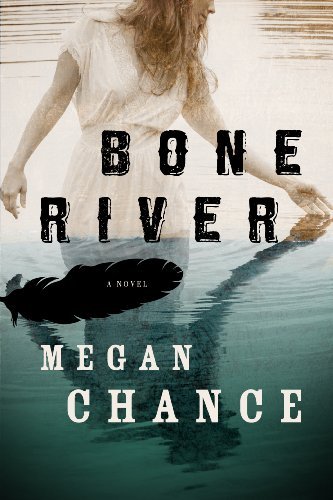Bone River
This beautifully written, lyrical literary novel engages with the themes of the despoliation of the Pacific Northwest’s native culture and 19th-century concerns about race, degeneration and miscegenation.
It is 1875 in Washington Territory. Leonie, raised as an ethnologist by her father and married, by his dying wish, at seventeen to the much older Junius, is torn between the scientific values embraced by her husband and father and her instinctual connection with the spiritual values of the native peoples they study. Her discovery of a mummified woman in a riverbank and the arrival of Junius’s grown son, Daniel, disrupt a life dedicated to science and bereft of the children for which she longs.
The finely drawn depiction of the Pacific Northwest as a place where rank fertility combines with constant rain, cold, and danger sets the scene beautifully for the struggle between passion and rationality, science and the sacred. The use of Chinook words, stories and imagery bolsters the sense of isolation and otherworldliness as a counterpoint to the scientific and mercantile values of the settlers, but while the spirit world always impinges on the story, Bone River stays firmly grounded in the reality of Leonie’s life.
Chance has a great many interesting things to say about the connection between science, the sacred, and the building of the American marketplace in the space occupied by much older societies. She keeps the reader just ahead of Leonie’s perception of the truth, leading up to a page-turning finish. Recommended.










